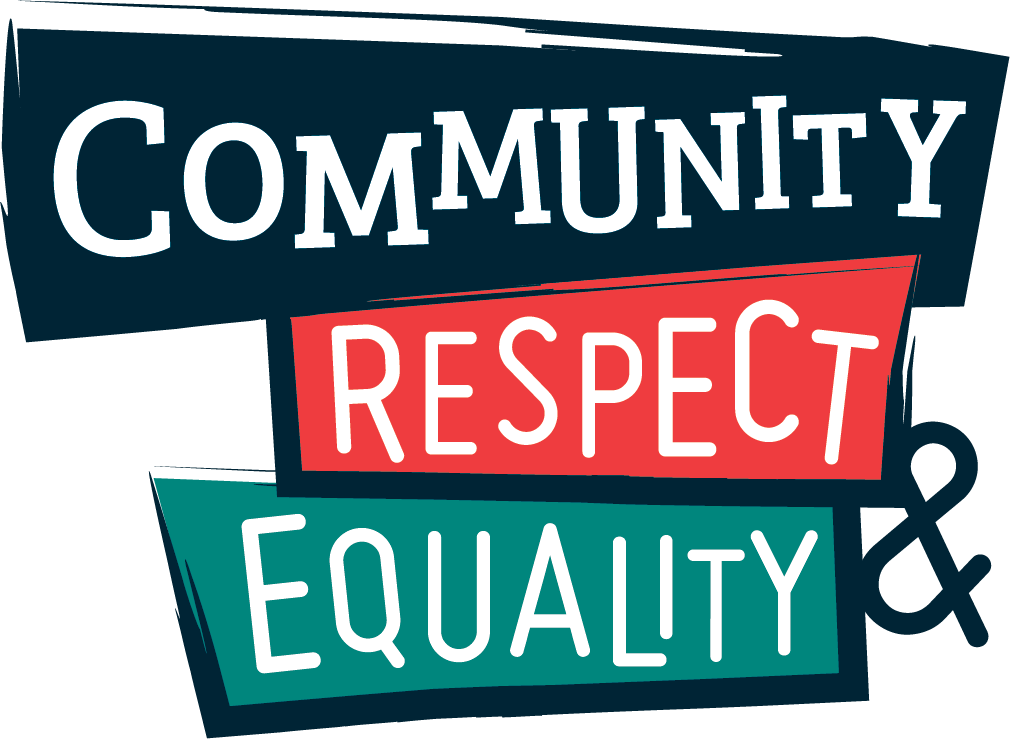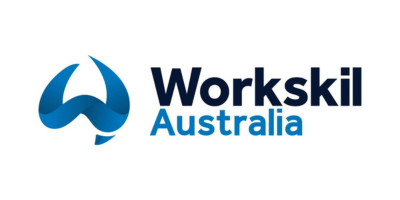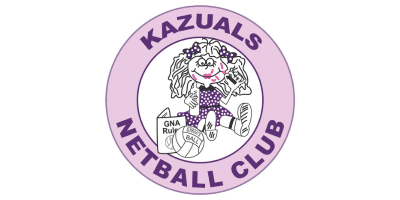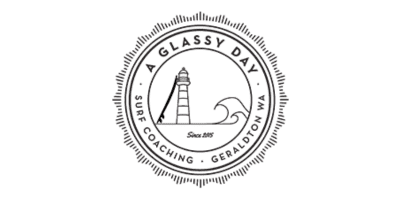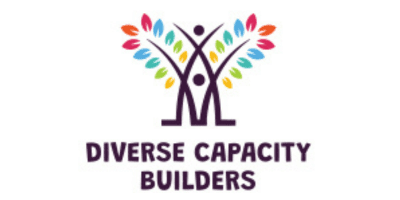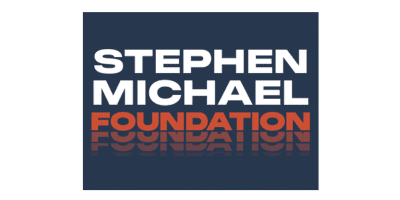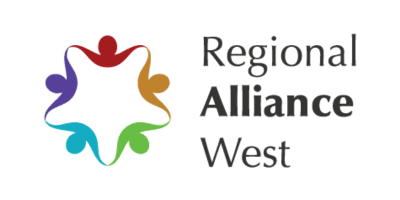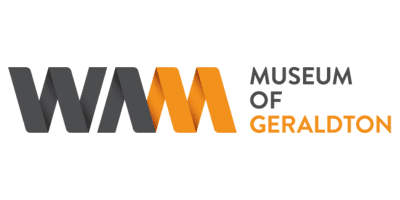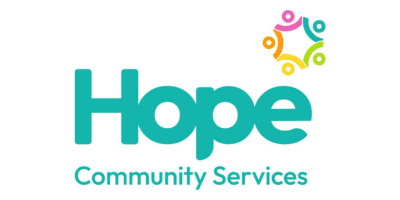About Community Respect & Equality
Preventing family violence in the Mid West-Gascoyne region is a shared responsibility, and these local organisations are leading the way by signing the Community, Respect, and Equality (CRE) Agreement. Their commitment to respect, equality, and inclusion is an inspiring example of how we can all create safer, more supportive communities.
It takes us all—join them today by signing up your workplace, organisation, or group, and be part of the change.
Community, Respect & Equality Level 2 Accredited Organisations


Community, Respect & Equality Level 1 Accredited Organisations


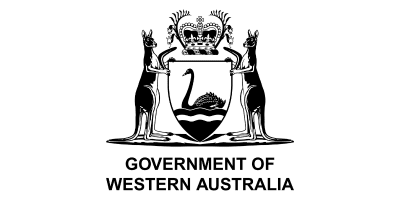




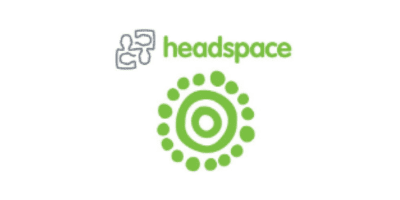




Community, Respect & Equality Signed Agreement Organisations
